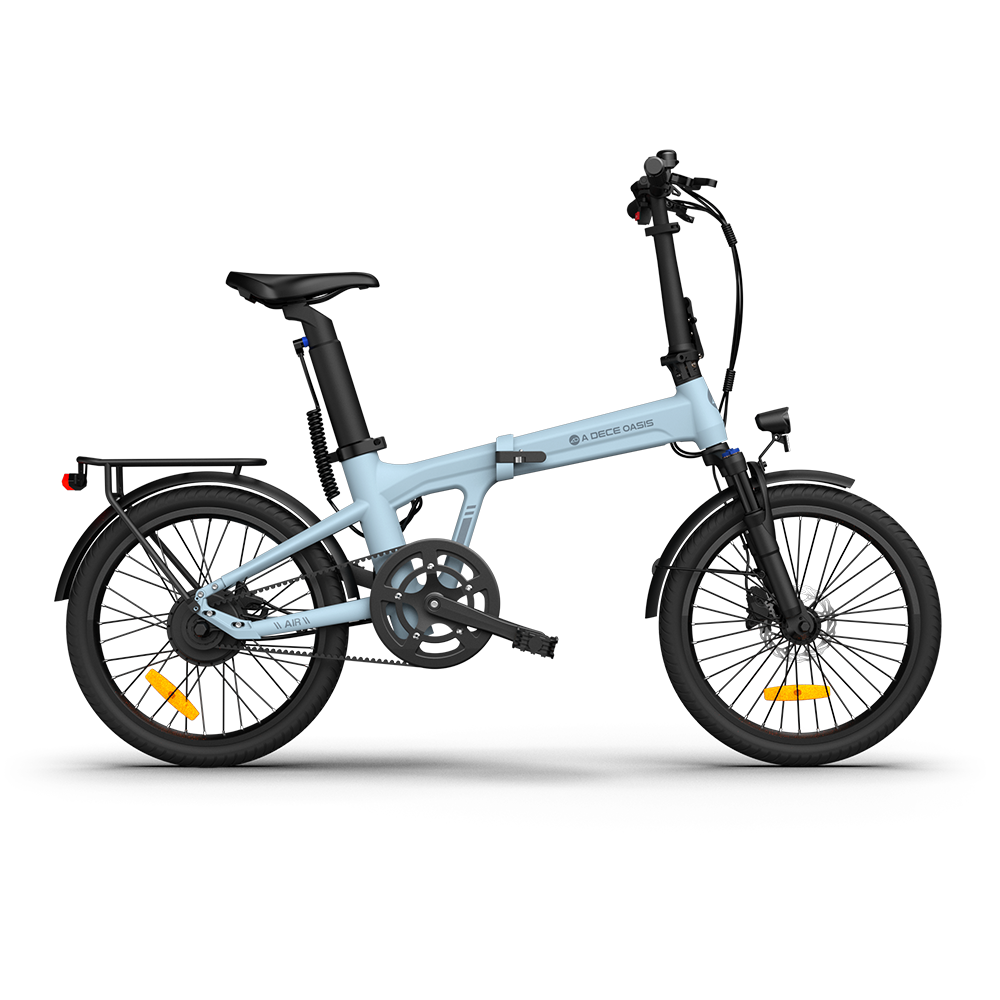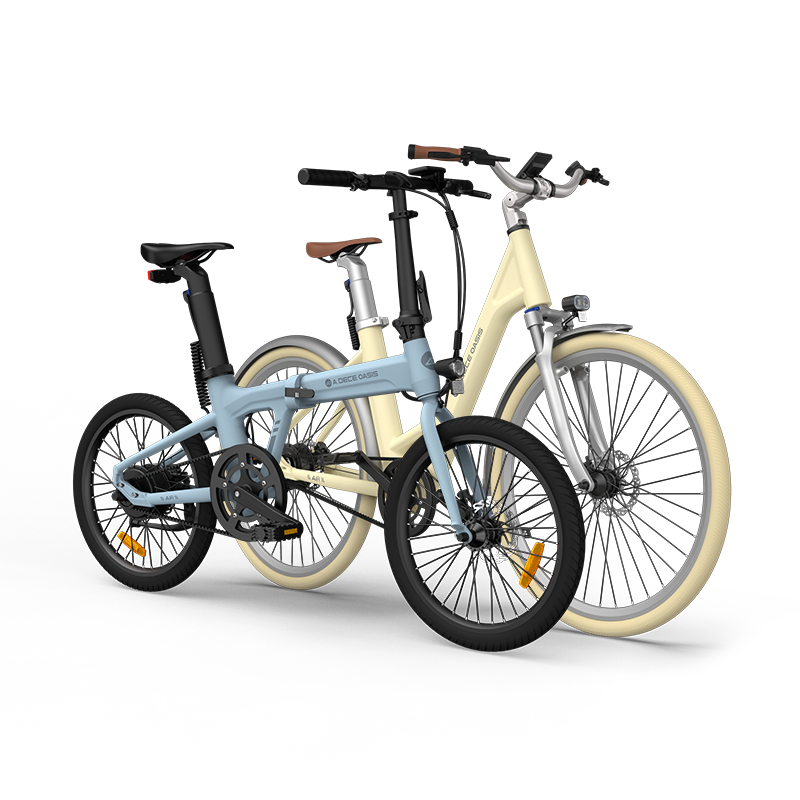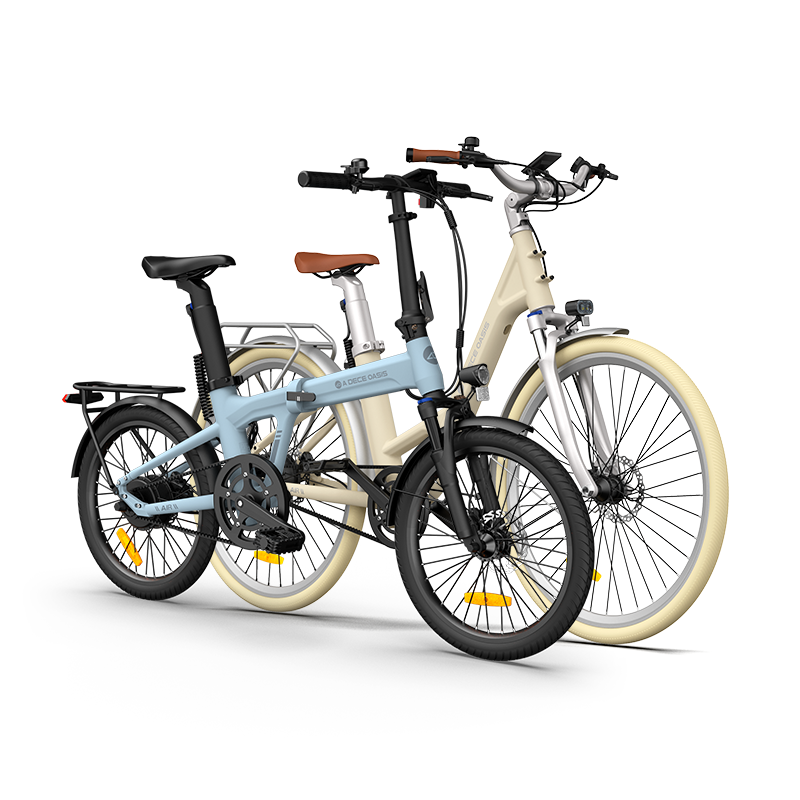Electric bikes (e-bikes) are revolutionizing urban mobility, offering convenience, sustainability, and cost-effectiveness. However, as their popularity grows, so do concerns about safety, particularly regarding fire risks associated with lithium-ion batteries. This article explores common fire hazards and provides essential prevention tips to ensure safe e-bike usage.

Understanding E-Bike Fire Risks
The primary cause of e-bike fires is the lithium-ion battery, which, if damaged, improperly charged, or defective, can overheat and cause thermal runaway—a chain reaction that leads to fire or explosion. Key risk factors include:
-
Overcharging or improper charging: Using incompatible or low-quality chargers can lead to overheating.
-
Physical damage: Dropping or puncturing the battery can compromise its internal structure, increasing fire risks.
-
Poor-quality or counterfeit batteries: Non-certified batteries may lack safety mechanisms.
-
Exposure to extreme temperatures: High heat or cold can degrade battery performance and safety.
-
Lack of proper storage: Storing batteries near flammable materials increases fire hazards.
Essential Safety Tips for E-Bike Users
To minimize risks and enhance safety, follow these guidelines:
1. Use Certified Chargers and Batteries
Always use the manufacturer-recommended charger and batteries that meet recognized safety standards (e.g., UL certification). Avoid cheap, third-party alternatives that may not have adequate safety features.
2. Charge in a Safe Location
-
Charge your e-bike in a well-ventilated area away from flammable objects.
-
Avoid charging overnight or leaving the bike unattended while plugged in.
-
Do not cover the battery while charging to prevent overheating.
3. Regularly Inspect and Maintain Your Battery
-
Check for physical damage, swelling, or unusual smells.
-
Ensure the battery connections are clean and secure.
-
If you notice any irregularities, stop using the battery and consult a professional.
4. Store Batteries Properly
-
Keep batteries at room temperature in a dry location.
-
Do not store them in direct sunlight, near heat sources, or in freezing conditions.
-
If not in use for an extended period, partially charge the battery (around 50%) before storage.
5. Avoid DIY Repairs
Tampering with the battery or attempting DIY repairs can be dangerous. Always seek professional servicing for any issues.
6. Follow Local Regulations and Guidelines
Many cities have regulations for safe e-bike usage and battery disposal. Ensure compliance to avoid fines and reduce hazards.
What to Do in Case of a Battery Fire?
If a lithium-ion battery catches fire:
-
Do not use water: Water can exacerbate lithium fires. Instead, use a Class D fire extinguisher or dry sand.
-
Evacuate and call emergency services: If the fire spreads, evacuate immediately and contact fire authorities.
-
Unplug the charger: If safe to do so, disconnect power sources to prevent further escalation.
Conclusion
E-bikes are a fantastic mode of transport, but safety should always be a priority. By understanding the risks and following proper charging, storage, and maintenance practices, users can significantly reduce the likelihood of battery fires. Stay informed, use certified products, and always prioritize safety when riding and maintaining your e-bike.
By adopting these precautions, e-bike riders can enjoy a safer and more sustainable ride without unnecessary hazards. Happy and safe riding!
CROSS YOUR CITY, ADO E-BIKE!























